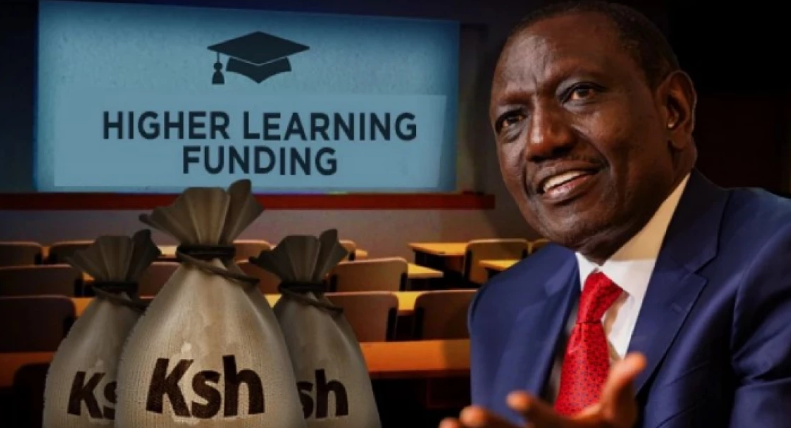President William Ruto’s administration has faced a significant setback in its efforts to enhance the quality of education following a High Court ruling that temporarily suspends the implementation of the new university funding model.
In a decision issued on October 3, 2024, Justice Chacha Mwita ordered a halt to the model’s rollout, pending the hearing and determination of a case filed by the Kenya Human Rights Commission (KHRC) last year. The judge criticized the delay in submissions from the Attorney General, Education Cabinet Secretary, and the Kenya Universities and Colleges Central Placement Service (KUCCPS), noting that the case was long overdue.
The KHRC, alongside the Elimu Bora Working Group, Boaz Waruku, and the Students Caucus, filed the case on October 13, 2024, contending that the new model could exclude thousands of students from accessing necessary funds. The court has scheduled the hearing for December 16, 2024, to address the submissions.
Since its inception, the university funding model has elicited mixed reactions, with critics questioning its practicality and feasibility. The model categorizes students into five bands based on their financial needs using a Means Testing Instrument (MTI), which assesses financial assistance based on factors like family background and monthly income.
Critics have argued that the model is unlikely to improve the current education system and have expressed concern over why the government opted to introduce a new funding framework instead of refining the previous model, which faced its own challenges.


